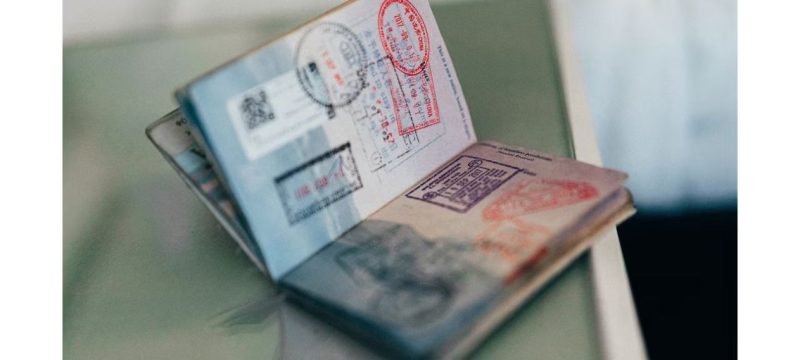Canada has sharply tightened its student visa policies in 2025. Overall, 62% of study permit applications were rejected, the highest rate in a decade. Students from India faced the toughest challenge, with nearly 80% of applications denied.
The rejection surge comes after several policy changes. The government capped study permits at 437,000 this year, reducing opportunities compared to 2024. Financial proof requirements also doubled to more than CA$20,600. In addition, the closure of the Student Direct Stream removed a key fast-track option once available to students from India.
Recent data shows a steep fall in study permits for Indian students. In the first quarter of 2025, approvals dropped 31%, falling from 44,295 to just 30,640. This decline highlights how new rules are reshaping international student mobility.
For years, India has been the largest source of international students in Canada. However, stricter visa rules and high rejection rates are now pushing many Indian students to explore alternative destinations such as Germany and Australia.
The impact is not limited to students alone. Canadian colleges and universities, which rely heavily on tuition from international students, face growing uncertainty. Declining enrollment from India may affect budgets, staffing, and long-term planning.
In summary, Canada’s clampdown has made it far more difficult for Indian students to secure study permits. The new rules reflect a major shift in global education pathways, forcing students and institutions to adapt quickly.
Also read: Europe Must Seize ‘Independence’ in ‘New World Order’: EU Chief









